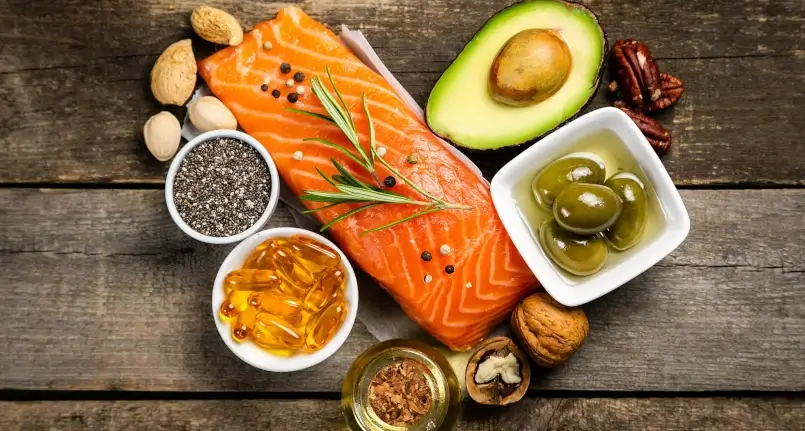The body relies on food to produce energy, therefore it is normal to have an appetite during the day but if this happens constantly and the feeling of hunger does not subside even after a substantial meal, it could be polyphagia , or a pathological condition which determines the feeling of exaggerated hunger, or other health problems to be clarified with your doctor.
The factors potentially responsible for uncontrolled hunger can be different . Here are the most common ones.
Diabetes
Diabetes prevents the body from transforming the sugars it ingests into energy and this condition generates a continuous feeling of hunger and a consequent search for food.
In type 1 diabetes, this aspect is accompanied by a rather visible paradox: a substantial weight loss occurs hand in hand with the increase in appetite and the intake of more foods . This phenomenon is less likely in people with type 2 diabetes who are often overweight or obese .
Low blood sugar
When glucose in the body falls to very low levels it is called hypoglycemia . This is a common condition for people with diabetes, but other health problems can also cause it, such as hepatitis , kidney disorders, neuroendocrine tumors in the pancreas ( insulinomas ), and problems with the adrenal or pituitary glands.
When hypoglycemia occurs, it can make you eat more.
Lack of sleep
Not getting enough rest can affect the hormones that control the urge to hunger . This is also supported by several studies according to which people who sleep a low number of hours per night have a greater appetite than those who rest better and find it more difficult to feel full.
It also appears that when you feel tired, you’re more likely to crave high-fat, high-calorie foods .
Stress
If you experience an anxious or particularly tense state, the body releases a hormone called cortisol , which amplifies the feeling of hunger.
Furthermore, it is not uncommon to desire high-calorie foods rich in sugars or fats or both when going through a stressful period because being particularly heavy, suggesting to eat them could be the body’s attempt to switch off the part of the brain that generates the worries.
Wrong power supply
Not all foods fill you up equally. Those that curb hunger best are high in protein such as lean meats , fish or dairy products , or sources of fiber such as fruits, vegetables , whole grains and beans . The healthy fats found in nuts and fish are also key to a balanced diet and can help you feel satisfied after eating them.
On the contrary, however, one could paradoxically find oneself hungry again after a very caloric meal based on sweets, white bread , packaged snacks , fast food and other types of food lacking in these nutrients but rich in unhealthy fats and carbohydrates.
Taking some medications
Certain medications can make you want to eat more than usual. Antihistamines , which treat allergies , are notorious for this side effect, as are antidepressants called SSRIs , steroids, some diabetes medications, and antipsychotic medications .
Pregnancy
During pregnancy it is normal to notice a strong increase in appetite, given that the fetus needs to receive sufficient nourishment to grow and develop at its best.
There is no standard rule that applies to all women but most gain between 4 and 6 kilos during the first 3 months of gestation and one pound per week during the second and third trimesters.
Thyroid problems
The thyroid is a gland located in the neck that produces hormones that control how quickly each organ works. If the thyroid is overworked it becomes enlarged and could give rise to hyperthyroidism , which in turn can lead to being hungrier than usual.
Diet sodas
Many people drink sugar -free sodas thinking they can cut calories and lose weight . While this could also be true in the immediate term, the long-term discourse is different.
The fake sugar present in these drinks, in fact, prepares the brain for the arrival of calories that the body could use as fuel but when it does not receive them, to make up for the lack, it activates its “hunger switch” and suggests to ingest food.
Dehydration
Dehydration occurs when there is not enough water in the body to meet its needs. This event in its most extreme forms can cause even serious consequences. The symptoms of dehydration are many and can also include some similar to those of hunger attacks such as stomach cramps and rumblings .
Sometimes distinguishing the two situations can be difficult and this can generate a false feeling of hunger in the body which leads to eating more, even when the ideal solution would be to drink .
Drinking could also prove useful in other circumstances since according to some research, ingesting a glass of water before or during a meal would help to reach the feeling of satiety sooner, compared to not doing so.
Fatigue can also be associated with increased appetite. That’s why sometimes we feel tired and hungry .




